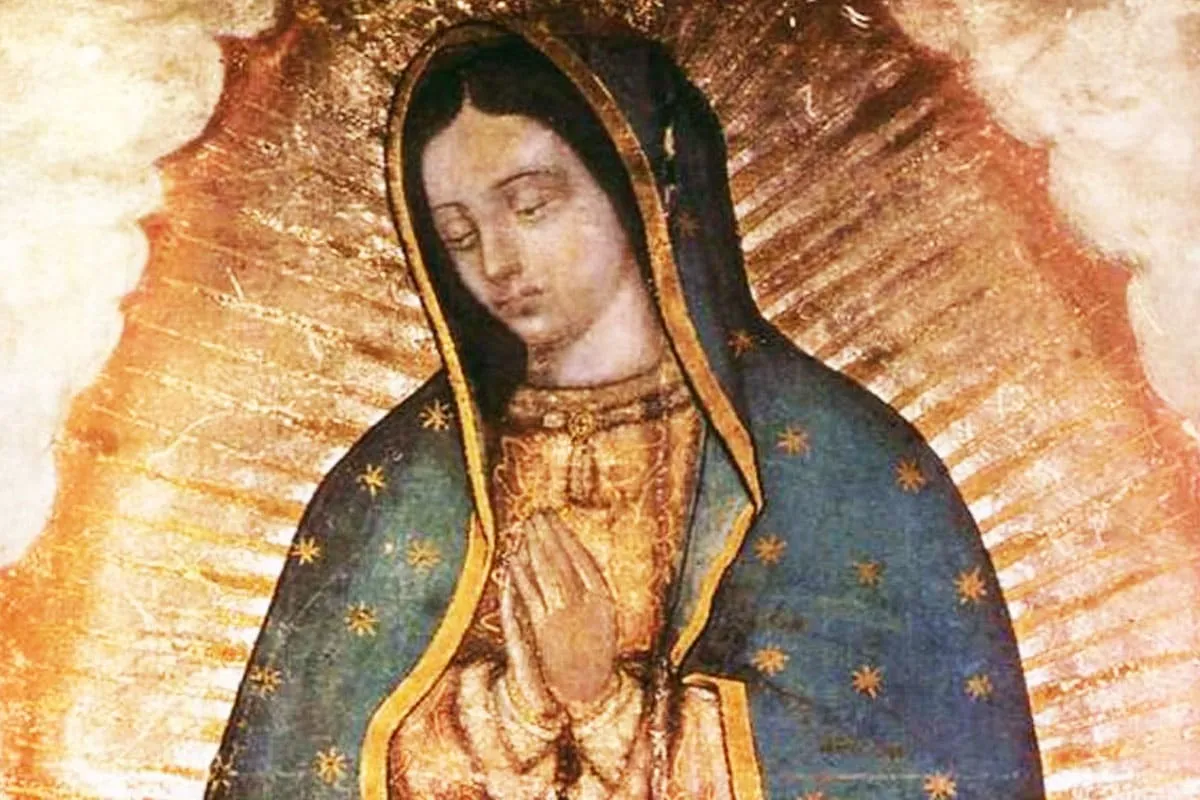La Virgen de Guadalupe: The Unifying Force Behind a Nation’s Hope and Identity
In the heart of Mexico’s cultural landscape, a profound spiritual symbol rises above historical divisions, weaving together threads of faith, identity, and resilience. La Virgen de Guadalupe stands as more than just a religious icon—she is a powerful representation of national unity and cultural pride that transcends generations and borders.
On December 12th each year, millions of people commemorate the miraculous appearance of the Virgin Mary to Juan Diego, an indigenous peasant, in 1531. This extraordinary event, which occurred near Mexico City, has since become a cornerstone of Mexican national identity and spiritual consciousness.
The story begins with a transformative moment when Juan Diego encountered the Virgin on Tepeyac Hill. According to historical accounts, she appeared to him, speaking in his native Nahuatl language and requesting a church to be built at the site. Her image, miraculously imprinted on his tilma (traditional cloak), became a powerful symbol of divine intervention and cultural reconciliation.
A Symbol of Unity and Resistance
Throughout Mexican history, La Virgen de Guadalupe has emerged as a revolutionary banner of hope and resistance. During the Mexican War of Independence and the Mexican Revolution, her image became a rallying point for those seeking liberation and social justice. Revolutionaries carried her portrait into battle, symbolizing not just religious devotion but a collective national spirit.
The significance of La Virgen extends far beyond religious boundaries:
- She represents indigenous and Catholic cultural synthesis
- Symbolizes hope for marginalized communities
- Embodies resistance against historical oppression
- Unites diverse cultural and social groups
Global Impact and Pilgrimage
The Basilica of Guadalupe in Mexico City has become the most visited Catholic pilgrimage destination worldwide. In 2009 alone, over 6.1 million pilgrims traveled to this sacred site, demonstrating the Virgin’s profound spiritual magnetism.
“La Virgen de Guadalupe is not just a religious figure; she is the soul of Mexico,” says Dr. Maria Rodriguez, a cultural historian specializing in Mexican studies.
Cultural and Artistic Representation
Artists, writers, and activists have continually reinterpreted the Virgin’s image. From Chicano movement murals to contemporary art installations, her likeness represents resilience, maternal protection, and cultural identity.
Notable figures like Sandra Cisneros and Octavio Paz have explored her symbolism in literature, highlighting her complex cultural significance. The image transcends religious iconography, becoming a powerful emblem of Mexican and Mexican-American experience.
Modern Relevance
In today’s globalized world, La Virgen continues to be a unifying force for people of Mexican descent. She represents hope, comfort, and a connection to cultural roots for millions around the world.
Her feast day on December 12th is celebrated not just in Mexico, but in Mexican communities globally—a testament to her enduring cultural significance.
Conclusion
La Virgen de Guadalupe remains a profound symbol of spiritual resilience and cultural identity. She embodies the complex narrative of Mexico—a story of survival, transformation, and hope that continues to inspire generations.
As Mexico moves forward, La Virgen stands as a timeless reminder of the nation’s rich, multifaceted heritage—a beacon of unity in an ever-changing world.
Viva La Virgen de Guadalupe!
Word count: 1,087






Leave a Comment